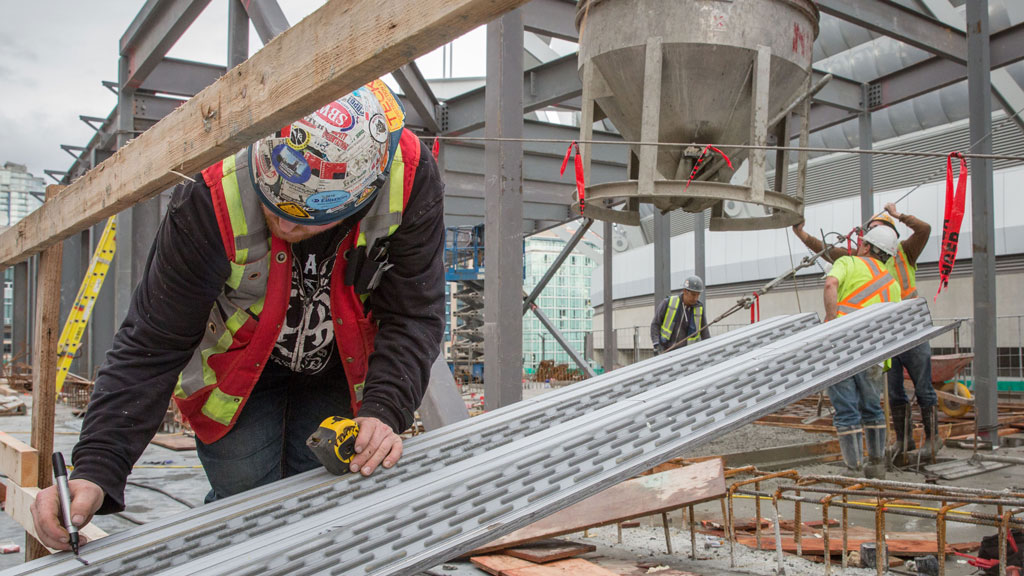A new impact paper produced by the Conference Board of Canada, in partnership with the Future Skills Centre (FSC), suggests Canada’s apprentices and journeypersons need better digital skills training to address demographic gaps and accommodate industry changes.
A demographic gap
“Relative to other industries, tradespeople are aging very fast, making sites very multi-generational,” said Andrew Bieler, a senior research associate with the Conference Board of Canada. “You have tradespeople who were trained on ink blueprints and then you have a new generation of people who grew up with the internet and smartphones. That generational divide can be a real challenge.”
Bieler explained these generational differences can cause difficulty with communication and hamper the adoption of digital skills.
He also noted his research shows challenges related to time, cost, geography, outdated training curricula and technology, and limited internet access are preventing digital skills development among Canada’s tradespeople.
The seven digital skills
Bieler identified seven digital skills that he believes are crucial: technical, information management, digital communication, virtual collaboration, creativity, critical thinking and problem solving in digital environments.
“My main point is that we need a much broader and more holistic approach to digital skills in particular as we are seeing real challenges with 21st-century digital skills,” said Bieler.
He noted a benefit of this could be recruitment, as the industry could use it as an opportunity to highlight that construction careers are high-tech careers with things like modular building, Internet of Things technology, green building or virtual reality, rather than only manual labour jobs.
Addressing barriers
“These things are complex thorny problems,” said Bieler, explaining there are a variety of issues that need to be addressed to move the industry forward.
But he believes the constraints of COVID-19 could prove to be an opportunity to make some of those necessary changes.
One is hybrid training.
Bieler said even before COVID-19, many jurisdictions had begun exploring partial online training and after the pandemic hit, many more have been offering online options.
He explained this is especially crucial for Indigenous people and those who live in remote regions of Canada who would otherwise have to travel to access journeypersons and training. Bieler said he hopes the industry begins to also explore solutions around remote mentoring as many remote areas have so few journeypersons.
“I think we need to explore other models of mentorship,” said Bieler. “We want the opportunity to engage youth, but how do we do that if there are no journeypersons around? Maybe some kind of virtual mentorship can happen.”
But many of these remote regions have limited access to digital infrastructure, like internet. Bieler said this infrastructure must be built out so more training can take place.
Upgrading and upskilling
Bieler noted the industry also needs to work to transition from paper logbooks to better digital options for tracking apprenticeship progress. He also believes there needs to be better engagement for curriculum development to prepare for future work trends.
“This takes a long time to update, but we need to able to integrate more future perspective. That could really help,” said Bieler.
Beyond new tradespeople, Bieler noted older tradespeople need options to gain new skills, something that currently can be difficult outside of the unions where taking time off and paying for upskilling can be a challenge.
Follow the author on Twitter @RussellReports.





Recent Comments